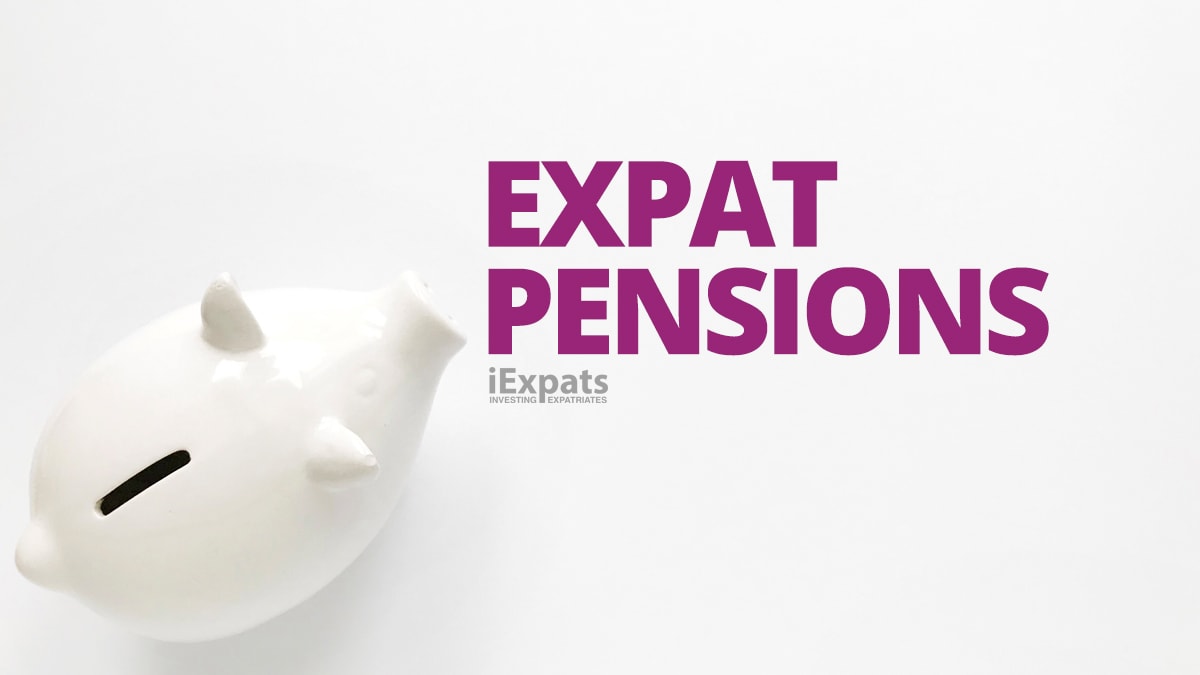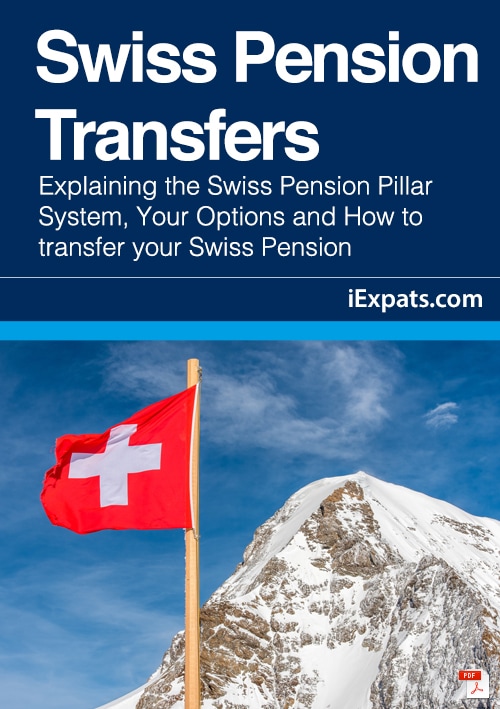There’s a lot more to becoming an expat than jumping on a boat or plane to start a life in a new country.
Expat is a term that comes with connotations of a jet-set lifestyle, quaffing cocktails on a beach as the sun goes down and overtones of class, education and wealth.
Legally, expat is a meaningless term.
The important factors are where you live and how long you stay there.
Rather than expat, the terms to bear in mind are domicile, resident and non-resident because domicile and residence status determine your rights in the country where you live and how much tax you pay and to whom.
This guide explains what makes someone an expat and should take away any fanciful notions some people have about their status.
Expats, Residence And Domicile

Anyone can call themselves an expat. The description can equally apply to someone on a 12-month job assignment abroad or someone who’s retired in Spain for a couple of years.
And that’s the problem.
Expat is a broad-brush term and doesn’t help with designating who has settled in a country and can benefit from social security, education and healthcare while paying taxes.
That’s where testing residence comes in.
Most countries have a rule that if you spend more than six months living there as your main home, than you are classed as a resident.
Residence comes with the rights and benefits we mostly take for granted, together with that obligation to pay taxes.
Domicile is the place where someone has the intention of staying for the rest of their life, while residence can change many times.
Learn more about the difference between residence and domicile.
Who Decides Tax Residence For Expats?
Every country has a rule about what makes someone tax resident – and a series of tests to decide residence. It’s not an expat’s choice, but the law wherever you settle.
The UK rules make someone tax resident if they:
- Spend at least 183 days in the UK in a tax year (April 6 to the following April 5)
- Have a main home in the UK
- Work full-time in the UK in a 365-day period which does not have to be a tax year
Once an expat meets the requirement, they are resident in the UK and HM Revenue & Customs applies UK taxes to their worldwide income and gains.
Non-residents can still pay tax on rents, gains and other income arising in the UK.
The Importance Of Tax Residence
Expats should talk to a tax professional to find out where they are resident before making any important financial decisions, like starting a pension.
Deciding on how to manage your finances before determining tax residence can be costly as you cannot be sure when and how much tax you might pay.
Say a non-resident started contributing to a UK SIPP pension.
As a tax resident they would qualify for tax breaks to top-up their retirement savings, but these are unavailable to non-residents.
Taking the money out or transferring to an expat pension then becomes complicated and expensive as tax penalties kick in.
Similarly, the tax breaks available to Seed Enterprise Investment Scheme (SEIS) investors are not extended to non-residents.
How To Prove Expat Tax Residence
If you disagree with a tax authority decision about your tax residence, you will need to prove your point with some indisputable evidence.
It’s a good idea to keep records of your personal and financial affairs.
For example, many expats fail to file a Form P85 to finalise their UK taxes with HMRC. The form benchmarks someone’s income, tax and residency status when they leave the UK.
Keeping orderly paperwork also pays off.
HMRC and the courts have a checklist of factors to consider when deciding tax residency, including:
- Does an expat have a home in the UK?
- Are they using UK bank accounts and credit cards?
- Have they kept a UK driving licence?
- Has their close family moved abroad?
- Do they spend at least 183 days in the UK during a tax year?
HMRC takes the result of the Statutory Residence Test as an indicator of if someone is tax resident.
Understanding and not falling foul of the rules is vital for expats proving where they are resident for tax.
UK tax residence is automatic for expats spending more than 183 days in the country during a tax year.
Other residence indicators include If your only home is in the UK. If so, you must spend at least 30 days living there during a tax year and must own, rent or live there for 91 days during the year.
Non-residence status is automatic if you can show you were in the UK for no more than 16 days, worked abroad for an average 35 hours each week, or stayed in the country for no more than 91 days, of which fewer than 30 were work days.
Split Year Treatment Explained

Split year tax treatment arises in the year you become non-resident in the UK and the year when you come back as you can’t be tax resident in two countries at the same time.
Split year treatment means when you leave the UK, you only pay taxes to HMRC on your overseas income for the time you lived in Britain.
The same applies when you come back – but beware. If you stayed away for less than a full tax year you cannot claim split-year treatment.
Working out the days for split-year treatment can be a challenge, so it’s a good idea to speak to a tax professional to make sure you get the figures right.
Capital Gains Tax For Expats
Expats disposing of investments and other valuable assets in the UK are still liable to pay capital gains tax to HMRC regardless of their residence status.
Special rules
Some jobs come with their own set of residence rules. To find out more click the links:
- Seafarers
- Crown servants, EU employees and volunteers abroad
- Oil and gas workers
- Entertainers or sports competitors
What’s The Difference Between Residence And Domicile?
Domicile is a complicated tax issue that has a bearing on how much Inheritance Tax is paid when someone dies.
Domicile overrides tax residence on death and can cover several scenarios:
Domicile of origin
Domicile of origin is decided by where your father was born
Domicile of dependence
Domicile of dependence covers children under 16 and changes when a parent or guardian moves to a new country.
Domicile of choice
Domicile of choice kicks in for those over 16 and depends on:
- Showing they intend to settle for good in a new country
- All family and financial ties with their domicile of origin have ended
Deemed domicile
‘Deemed domicile’ covers expats who are non-resident but are considered UK resident for tax.
This impacts expats who are:
- Domiciled somewhere other than the UK but were born or had domicile of origin in Britain
- Can show residency in Britain for 15 out of the past 20 years
How Residence And Domicile Impact Expat Finances
As the saying, death and taxes are inevitable in life – and residence and domicile are two of the main factors that determine what, when and where you pay tax.
Here are some examples:
Expat pensions

Residence is important for deciding which offshore expat pension you can start.
Taking the main offshore pensions, this is how they are affected by residence:
QROPS (Qualifying Recognised Overseas Pension Scheme)
QROPS are offshore pensions for non-resident British expats and foreign workers who were formerly resident in the UK.
Expats with pension savings in the UK can transfer them to a QROPS if they follow the residence test, which says:
- Expats living in the European Economic Area (EEA) can start a QROPS in any other EEA country
- Expats outside the EEA can only start a QROPS in the same country as they live
As QROPS are only available in 28 countries, that leaves a huge unserved market across South America, Africa and the Asia-Pacific
QNUPS (Qualifying Non-UK Pension Scheme)
QNUPS are offshore pensions for UK residents and non-residents. They can be based in any country and expat retirement savers can live wherever they like without moving their pensions with them.
Non-residents lose HMRC’s top-up of pension contributions
SIPP (Self-Invested Personal Pension)
SIPP for expats could be the ideal pension solution for UK residents on long assignments overseas, but who intend to stay in Britain.
SIPPs come as UK or international pensions and have no residence restrictions – although expats with an international SIPP who are no longer UK resident lose their tax breaks on contributions topped up by HMRC.
Swiss pension transfers
Expats can claim a refund of some Swiss pension contributions if they move outside of Europe to a country that has no reciprocal social security agreement with Switzerland. Learn more about Swiss pension transfers.
FATCA and US expat taxes
America has a unique outlook on taxing expats.
The Internal Revenue Service (IRS) doesn’t care where in the world you live – if you were born American you pay tax to the IRS and that’s final, even if you only lived in the US briefly as a baby.
FATCA (Foreign Account Tax Compliance Act) obliges foreign financial institutions to tell the IRS about any accounts that are controlled by Americans.
FATCA and the rest of the US tax system are based on domicile, not residence.
Common Reporting Standard
The Common Reporting Standard (CRS) does the same job as FATCA for most of the developed world.
For instance, if a bank in London tells the IRS an expat in Australia controls an account, HMRC passes the data to the Australian revenue service in return for data about accounts controlled by British taxpayers in Australia.
Just about every leading financial institution and more than 100 countries swap financial data through IRS each year.
Inheritance
Inheritance and wealth taxes on an estate after death tend to follow domicile rather than residence.
However, UK pension rules do allow the tax-free distribution of unspent retirement funds from an estate.
QNUPS are often employed as succession planning tools for this reason.
Tax help at the double
Double Taxation Treaties are agreements between two countries over which one takes precedence over tax.
The aim is to stop double jeopardy for a taxpayer who could unfairly pay tax on the same income in different countries.
Most developed countries have long lists of treaties with other nations – there are more than 3,000 active treaties between 120 countries.
Click here for a list of treaties between the UK and other countries
Basically, the way they work is if someone pays tax in one country and is liable to pay tax on the same income or gains in another as well, one of the authorities issues a certificate to confirm the amount of tax paid.
This certificate is given to the second tax authority which then deducts the tax paid from the tax due.
What Is An Expat FAQ
It seems if you call yourself an expat, migrant or whatever else you like, the name doesn’t matter but where you live and how long you spend there are the main factors for working out your country of residence.
With the detail and complexity involved in determining tax residence, it’s no wander so man confused expats looking for help with their finances.
Here are the answers to some of their most asked questions.
If you are British, you must stay out of the country for a full tax year to qualify as non-resident, along with meeting some other tests.
The process is quicker if you leave at the end of a tax year rather than the start.
An expat leaving the UK on May 1, 2021 does not qualify as non-resident until April 6, 2023, while another expat leaving on April 1, 2021 qualifies on April 2, 2022.
It’s not a test that anyone attends, but more of a self-assessed flow chart that leads the tax man to your residence status from the answers to a series of questions.
By keeping a detailed log of how many days you spend in the UK and where you are at midnight each day. Include travel days and time spent in the country for illness, bereavement or because your flight was cancelled as these count as non-residence days.
Most popular destinations for expats have a section on a government web site about visas and immigration. One useful resource from international accounting firm Price Waterhouse collates tax information, including immigration data, from 150 countries.
‘Non dom’ is a British term for someone who does not have domicile in the UK. The tern applies to an expat who has not severed ties with their country of origin nor decided to settle in the UK.
Yes, it’s possible to wear both hats at the same time. That’s why it’s important to count the days you spend in the UK as an expat because if they tip over 183 days present, you automatically revert to UK resident even if you have a home in another country.
Related Information
Below is a list of related articles you may find of interest.


